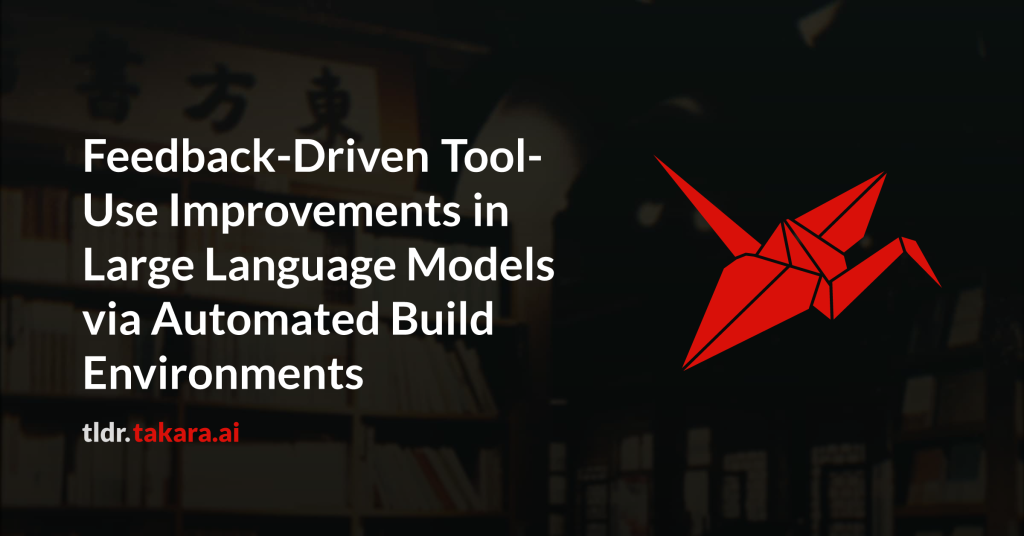Effective tool use is essential for large language models (LLMs) to interact
meaningfully with their environment. However, progress is limited by the lack
of efficient reinforcement learning (RL) frameworks specifically designed for
tool use, due to challenges in constructing stable training environments and
designing verifiable reward mechanisms. To address this, we propose an
automated environment construction pipeline, incorporating scenario
decomposition, document generation, function integration, complexity scaling,
and localized deployment. This enables the creation of high-quality training
environments that provide detailed and measurable feedback without relying on
external tools. Additionally, we introduce a verifiable reward mechanism that
evaluates both the precision of tool use and the completeness of task
execution. When combined with trajectory data collected from the constructed
environments, this mechanism integrates seamlessly with standard RL algorithms
to facilitate feedback-driven model training. Experiments on LLMs of varying
scales demonstrate that our approach significantly enhances the models’
tool-use performance without degrading their general capabilities, regardless
of inference modes or training algorithms. Our analysis suggests that these
gains result from improved context understanding and reasoning, driven by
updates to the lower-layer MLP parameters in models.

